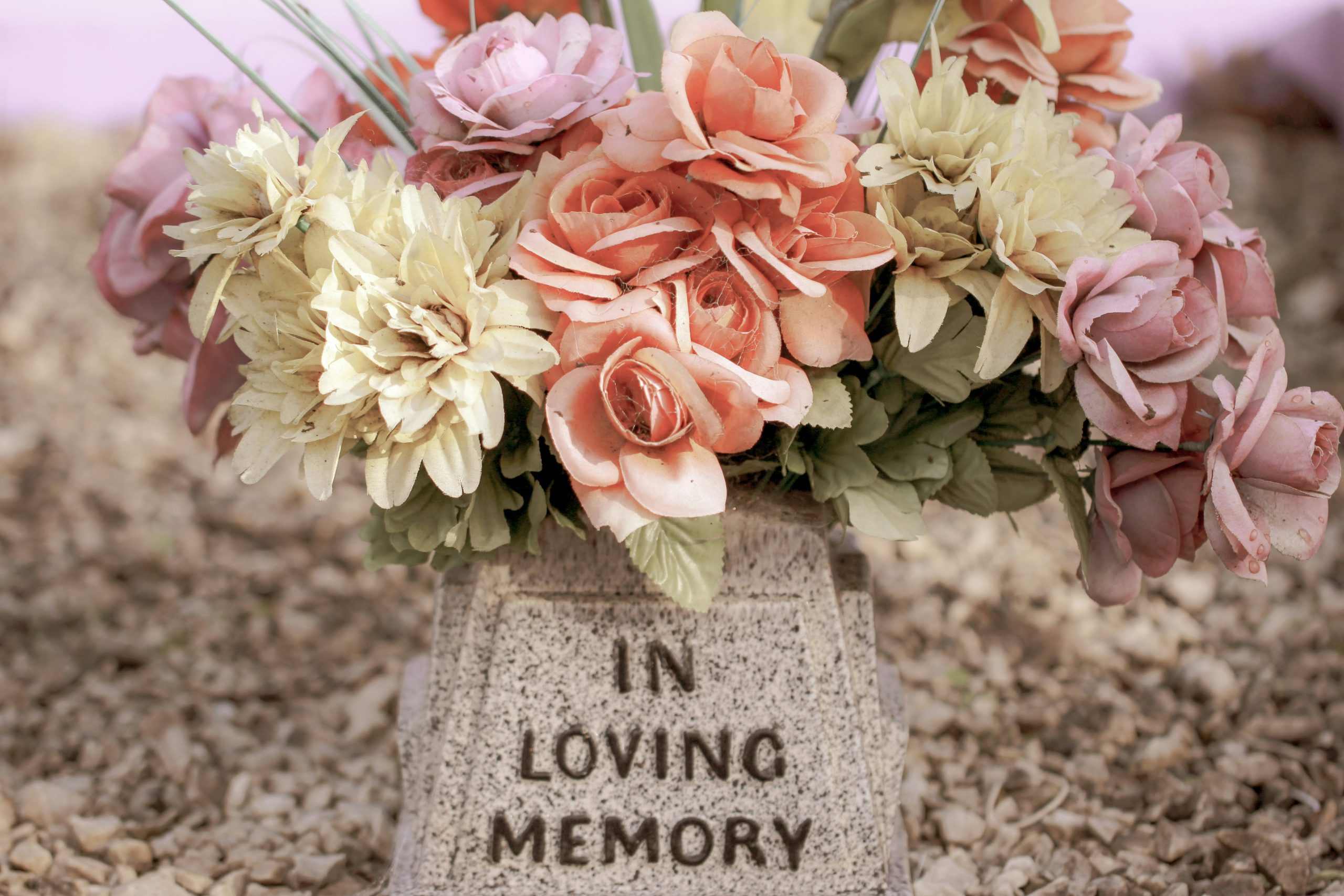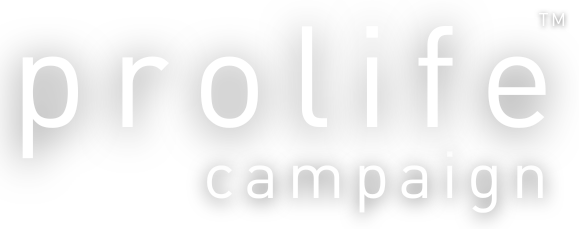Euthanasia
in ireland
Make a Donation
Join the Movement
An Ethos of Respect
The danger in ‘talking up’ people ‘wanting to end their own lives no matter what challenges they face is that it tends to create a reluctance on vulnerable people’s part to sharing their needs or asking for support.
By normalising ‘I want to end my life because I have problems’-speak, society is saying to vulnerable people that they are a burden and the generous thing to do is to stop being a burden to others.
Many of us face challenges at the end of our lives. To create an ethos of equal respect, we must encourage in our lives, and that of our family, community and in government a society that supports and cares for the weakest and most vulnerable among us.


Euthanasia Defined
The House of Lords Select Committee on Medical Ethics has defined euthanasia as:
“A deliberate intervention undertaken with the express intention of ending a life, to relieve intractable suffering.”
Euthanasia and Assisted Dying
The issue of euthanasia and assisted suicide is currently of considerable focus in the Irish media and politics. As an organisation which recognises the inherent value and dignity of life from its earliest beginnings to its natural end, the Pro Life Campaign is firmly opposed to euthanasia and assisted suicide.
Although advocates of euthanasia often claim that it is sometimes ‘necessary’ for reasons of ‘compassion’ in particularly difficult cases, the reality is that where euthanasia has been introduced internationally it has inevitably led to an expansion of the original grounds. In Canada, the euthanasia law (Medical Assistance in Dying, or MAiD) has been gradually expanded on the basis of the principle of equality and its eligible categories continue to grow. In the first year of euthanasia in Canada (2016), a recorded 1,018 people availed of MAiD and had their lives ended. However, each year this number has risen dramatically, with 13,102 people availing of MAiD in 2022, which represents an 1187% increase.
The situation in Canada should provide a warning to countries like Ireland which are considering introducing a similar euthanasia and assisted dying law. 4.1% of all deaths in Canada are now the result of assisted suicide. These shocking statistics must give Irish politicians cause for concern and reflection.
In Ireland, resources for palliative care considerably lags behind other countries. It has been seen elsewhere in jurisdictions which provide for euthanasia and assisted suicide that its availability undercuts investment in palliative care. People in Ireland regularly express their support for more investment in palliative care and the hospices are popularly supported. The Royal College of Physicians in Ireland have drawn attention to the likelihood that palliative care could be undermined through legislating for euthanasia and assisted suicide: “There is a concern that a move towards assisted suicide would result in a shift in focus away from the development and the delivery of palliative care services and cure, and that research into palliative care may be discouraged.”
Irish Situation
In September 2020, a private members’ bill, Dying with Dignity Bill 2020, tabled by People Before Profit TD Gino Kenny was introduced to the Dáil. The Bill, if enacted, would legalise a doctor to perform assisted suicide, if authorised by the patient who qualified as having a terminal illness. Pre-committee scrutiny was undertaken by the Justice Committee in 2021, and led to the submission of 1,400 public submissions. Professional bodies in Ireland voiced their overwhelming opposition to the Bill, including the Royal College of Physicians of Ireland and the Irish Palliative Medicine Consultants’ Association. Euthanasia and assisted suicide have also been rejected by the World Medical Association, which represents 10 million physicians in 116 countries.
The Justice Committee issued a report in July 2021 which recommended the establishment of a special committee on assisted dying which would make recommendations on the topic. The Joint Committee on Assisted Dying (JCAD) was established in early 2023 to make recommendations related to a statutory right to assist a person to end his or her life and a statutory right to receive such assistance. The Committee also agreed that it could recommend that no legislative or policy changes be made.
The Joint Committee on Assisted Dying (JCAD) convened meetings from June 2023 through March 2024, including both private and public sessions. Over the course of 24 public meetings, the Committee interacted with 106 individual witnesses, comprising national and international experts in various fields including law, ethics, medicine, disability, palliative care, and psychiatry. The Pro Life Campaign’s legal adviser, Professor emeritus William Binchy, appeared before the JCAD. A video recording of testimony and comments made by Senator Lynn Ruane subsequently went viral online and was covered in several publications.
After the final public meeting in March 2024, the Committee Secretariat, in collaboration with members, prepared a draft report along with potential recommendations. Committee members were given a three-day window to propose amendments. During the initial private meeting to review the draft report, a majority of members opted to vote on the first recommendation advocating for the introduction of legislation permitting assisted dying in specific circumstances.
Despite suggestions for prior examination of the evidence presented at the Committee level, the recommendation passed without such a discussion. A single amendment, adding the term “restrictive,” was introduced. The majority report was subsequently criticised in a minority report prepared by three of the 14 Committee members. They highlighted the lack of thorough discussion regarding the extensive oral testimonies spanning over seventy hours and in numerous submissions, including from highly eminent professionals and associations. The minority report emphasised that an early vote on the substantive issue of recommending legislation for assisted dying occurred before the Committee had fully clarified its understanding of the concept.
The majority report of the JCAD has been presented to the government for consideration as to whether it will introduce new legislation in line with the recommendations of the majority of the committee.
Different Forms of Euthanasia
Indirect euthanasia: Providing someone with drugs/care that will as a consequence, quicken the termination of someone’s life.
Active euthanasia: Accomplishing an act which will quicken the termination of someone’s life.
Passive euthanasia: Terminating someone’s palliative care ( = stopping treatment) in order to end the life.
Voluntary euthanasia: Euthanasia accomplished at the request of the patient.
Involuntary euthanasia: Euthanasia accomplished at the request of someone else, in cases of non-conscious patients or those not considered as able to make the decision. Examples would include the famous Vincent Lambert (FRA) and Terri Schiavo (USA).
Physician Assisted Suicide which is when a physician assists the patient to commit suicide, often by providing the patient with consultation and prescribing and supplying lethal drugs.
For a full list on the countries where euthanasia is legal click here



